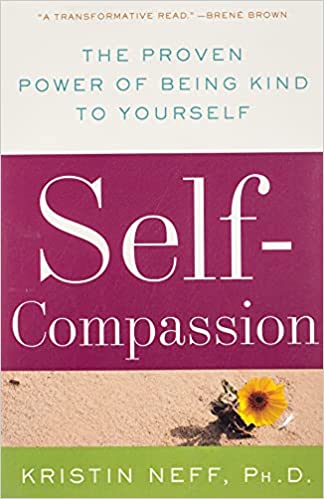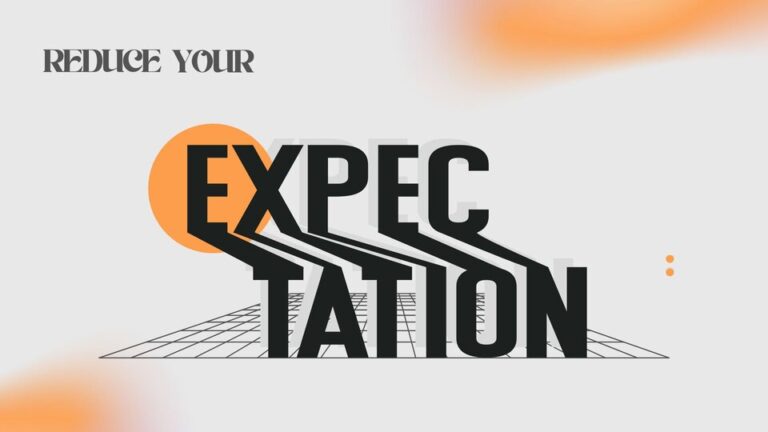Blessed is he who expects nothing, for he shall never be disappointed. – Alexander Pope
Expectation (n.), “state or condition of waiting or awaiting with confident anticipation,” from French expectation (14c.) or directly from Latin expectationem/exspectationem (nominative expectatio/exspectatio) “anticipation, an awaiting,” noun of action from past-participle stem of expectare/exspectare “await, look out for”.
We hold expectations as a form of attachment to specific outcomes. We have expectations of people while society, our parents, religion and acquaintances hold expectations on how we behave or coordinate ourselves. One of the keys to happiness that I have found most compelling is reducing your expectations of people. Humans will always be humans; they will show you their true colour; your job is not to tell them how to act; your job is to let to be who they want to be.
Roman emperor Marcus Aurelius observed that humans would always be humans. In Meditation, he noted:
“When you wake up in the morning, tell yourself: the people I deal with today will be meddling, ungrateful, arrogant, dishonest, jealous and surly. They are like this because they can’t tell good from evil. But I have seen the beauty of good, and the ugliness of evil, and have recognized that the wrongdoer has a nature related to my own – not of the same blood and birth, but the same mind, and possessing a share of the divine. And so none of them can hurt me. No one can implicate me in ugliness. Nor can I feel angry at my relative, or hate him. We were born to work together like feet, hands and eyes, like the two rows of teeth, upper and lower. To obstruct each other is unnatural. To feel anger at someone, to turn your back on him: these are unnatural.”
At the root of our unhappiness is our need for control and unrealistic expectations of people and situations.
Expectation 1 has been called “the root of all heartache,” and certainly, failed expectations are often the root of deep confusion and inner chaos, as well. For our minds lose their footing when our reality doesn’t live up to the way we thought things should go. Just as surely as if we were lost in the woods with no clear path in sight, we can become disoriented and even paralyzed with panic about what to do next to find our way back to safety. Our brains much prefer it when we’re able to predict the future with accuracy, and so we’re inclined to create cultural stories and patterns that allow us to do that. Living happily ever after is one such collective pattern that grants us a sense of predictability and certainty in life and holds the standard for societal harmony.
In her studies with the Neuro-leadership Institute, brain-based executive coach Dr. Karey Pohn, discovered that when our expectations are in line with reality, our brains receive a hefty dopamine hit to reward us. We feel good when life matches our vision of what we think could and should happen. Yet when our expectations are not met, our stress levels shoot through the roof, shifting our brains into a threat state. Our cortisol levels rise, our immune system function drops, and our limbic brains—the seat of our emotional reactivity—go into fight-or-flight mode as our dopamine and oxytocin levels take a nosedive, spiraling us downward into a morass of misery and morbidity.
Self-Compassion doesn’t mean that I think my problems are more important than yours, it just means I think that my problems are also important and worthy of being attended to.”

Rather than condemning yourself for your mistakes and failures, therefore, you can use the experience of suffering to soften your heart. You can let go of those unrealistic expectations 2 of perfection that make you so dissatisfied and open the door to real and lasting satisfaction. All by giving yourself the compassion you need at the moment.
Meditation
- Daily Calm with Tamara Levitt – Yuggen
- Yuggen is an awareness of the universe that triggers emotional responses that are too mysterious and deep for words.
The Cosmos is all that is or was or ever will be. Our feeblest contemplations of the Cosmos stir us — there is a tingling in the spine, a catch in the voice, a faint sensation, as if a distant memory, of falling from a height. We know we are approaching the greatest of mysteries. – Carl Sagan
Daily Jay with Jay Shetty – Status Quo Bias
- Status Quo Bias is our tendency to avoid change. Loss Aversion, when faced with a decision, we focus more on what we would lose; instead of what we could gain. In our mind, the minuses tend to overshadow the pluses, so the prospect of change may seem scary instead of exciting.
All the best in your quest to get better. Don’t Settle: Live with Passion.



Comments are closed.